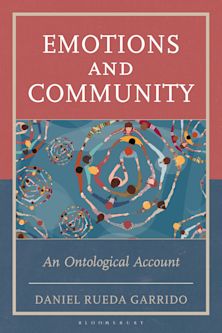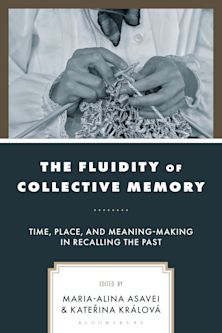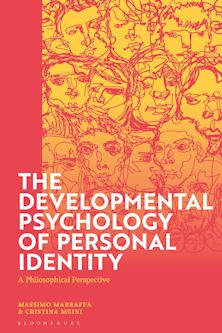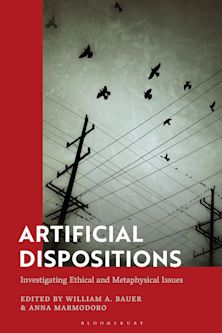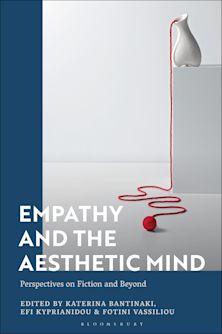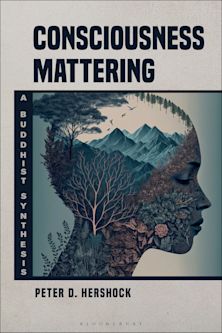- Home
- ACADEMIC
- Philosophy
- Philosophy of Mind
- The Individual without Passions
The Individual without Passions
Modern Individualism and the Loss of the Social Bond
The Individual without Passions
Modern Individualism and the Loss of the Social Bond
This product is usually dispatched within 1 week
- Delivery and returns info
-
Free CA delivery on orders $40 or over
You must sign in to add this item to your wishlist. Please sign in or create an account
Description
The Individual without Passions: Modern Individualism and the Loss of the Social Bond offers an innovative look at an extremely timely and important issue—individualism—from the point of view of a theory of passions. This book underlines the importance of the problem of the passions in both forming individual identity and building the social bond. Drawing inspiration from classic authors that represent fundamental milestones along the route of modern individualism—from Montaigne to Hobbes, from Locke to Smith, from Rousseau to Tocqueville—The Individual without Passions puts forward new hypotheses that contrast with the consolidated views of contemporary reflection, both modern and postmodern.
Elena Pulcini argues that passions are crucial not only when they are strong (homo oeconomicus), but also when absent or weak (homo democraticus), in both cases producing pathological effects on the Self and the social bond. Finally, this book underlines that the image of the modern individual does not end with the egoistical passions and that it is possible to reactivate empathetic and solidaristic passions; furthermore, it proposes the hypothesis that the solidaristic passions go to fight the egoistical passions. This hypothesis seems confirmed and is most evident in the phenomenon of the gift (as interpreted by Marcel Mauss and his contemporary heirs), the “hidden” testimony of a desire for belonging which enables us to propose a new figure of the individual—homo reciprocus.
Table of Contents
Chapter 1: From the Ethics of Honor to Self-Preservation
Chapter 2: Homo oeconomicus: Between Acquisitive Passion and Passion of the Self
Chapter 3: The Critique of Acquisitive Individualism and the Search for Authenticity
Chapter 4: The Disappearance of the Passions: homo democraticus
Chapter 5: Homo reciprocus: The passion of Giving and the Communitarian Individual
Product details
| Published | Aug 09 2012 |
|---|---|
| Format | Hardback |
| Edition | 1st |
| Extent | 224 |
| ISBN | 9780739166574 |
| Imprint | Lexington Books |
| Dimensions | 234 x 157 mm |
| Publisher | Bloomsbury Publishing |
About the contributors
Reviews
-
In The Individualwithout Passions, Elena Pulcini brilliantly deconstructs the presuppositions behind our possessive, narcissistic, and frequently male individualism. Above all she suggests that we should reexamine the bonds between individual and community through a new approach to democracy that revives the requirement for equality based on the gift relationship. With this book Elena Pulcini brings a major contribution to this debate that has the potential to renew political thought.
Marcel Hénaff, University of California, San Diego
-
While complying scrupulously to the ordinary demands of criticism and exegesis of philosophical texts, Elena Pulcini has always taken care, in her studies relevant to the history of ideas, to focus on the particular historicity of the discursive sets examined--that is to say, on the fact of their intelligibility is conditioned on a certain type of correlation between the concepts developed by the philosophers and the way the world works--that they express in their manner while influencing the course.
The project brought by Elena Pulcini strikes immediately with its ambition. The work of Elena Pulcini has finally donned a remarkable breadth and an undeniable originality that resembles, that of Martha Nussbaum, or that of Axel Honneth and Daniel Innerarity, with whom she also engages in explicit conversationnonfiction.fr












